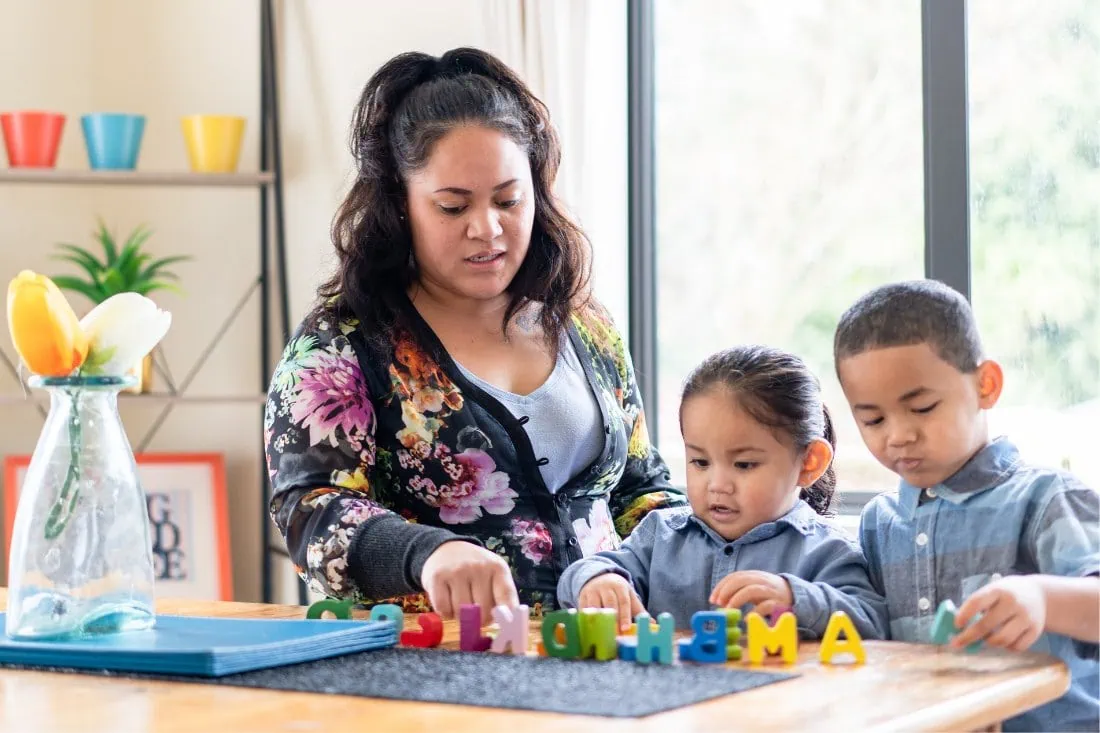When it comes to goal setting, it’s easy to overlook the importance of setting financial goals since many people focus on career or personal goals without realizing that financial goals can help them achieve these other goals as well.
In this blog post, we’ll discuss the reasons why financial goals are essential, how to create and prioritize them, and tips for achieving them this year. By the end of this post, you’ll understand why setting financial goals is the best way to secure your future.
Importance of Financial Goals in Goal Setting
Goal setting is the key when it comes to your financial plan since without specific goals, you may struggle to make any changes in your current situation. However, many people neglect the importance of setting a financial goal and as a result, it deeply impacts the way they live their life.
For instance, many Australians are facing an uphill battle when it comes to their finances, with higher gas and electricity prices, rent increases, and interest rate hikes. According to recent news, the number of Aussies under financial stress is at a three-year high and a new NAB survey also found that 40 per cent of people were experiencing some form of financial difficulty.
This data only shows that without a clear plan, you will really experience difficulties. That’s why having a clear idea of what you want to accomplish financially can help you stay focused and develop the right strategies that will get the financial freedom you dreamed of.
Reasons Why You Should Set Financial Goals
Set aside money for emergencies
Emergencies happen, and they can be expensive. So if you don’t have an emergency fund, you will surely end up relying on credit cards or loans, which can put you in debt. That’s why, it’s important to remember that having a financial goal will help you to save a specific amount for emergencies can help you be better prepared for unexpected events.
Get out of debt and save up for big purchases
Debt can be overwhelming, but setting a goal to pay it off can help you tackle it little by little. Additionally, setting a financial goal to save up for big purchases like a house or a car can help you put aside money each paycheck towards these long-term goals.
Plan for retirement early
Retirement may seem far away, but the earlier you start saving for it, the better. Setting a financial goal to contribute a percentage of your income to a retirement account can help you build a security net for your golden years.
How to Create and Prioritize Your Financial Goals
Before setting financial goals, it’s important to understand your income and expenses. Start by tracking your spending and making a list of your financial priorities. You can try categorizing your goals into short-term, medium-term and long-term goals.
- Short-term goals can be achieved within one year and might include things like saving for a vacation or paying off credit card debt.
- Medium-term goals may take 1-5 years to achieve and could involve saving for a down payment on a house or starting an emergency fund.
- Long-term goals may take 5-10 years or more and could include retirement savings, investing in stocks, and other financial investments.
Moreover, you should think carefully about what type of goals best fit your current situation. It may be easy to set a goal like ‘make more money’ or ‘save for retirement’, but these aren’t very specific and don’t provide a roadmap for success. For instance, if you want to make more money, set a goal of increasing your income by 10% over the next six months. Or if you’re trying to save for retirement, set a goal of saving $1000 each month for the year.
The Best Budgeting Apps for 2024
Budgeting apps make it easier to stay on top of your finances since it will help you organize and manage your money, track expenses and identify areas where you could be saving more. With the array of options available, it can be difficult to know which app is the best fit for you and your budgeting needs.
We’ve researched some of the top budgeting apps available today to give you a better idea of how they could help you this year. The budgeting apps we looked at include: Mint, PocketGuard, Quicken, Mvelopes, YNAB (You Need A Budget), and Goodbudget.
- Mint is one of the most popular budgeting apps available today. Offering everything from bill tracking to credit score monitoring, Mint allows you to access all your financial accounts in one place so you can easily track your spending and stay on top of payments. In addition, there are also helpful alerts that remind you when bills are due, and you can easily set up a budget and track your progress towards goals.
- PocketGuard is another great budgeting app that provides users with a comprehensive view of their finances. It helps you keep an eye on expenses, save money, and track your spending habits in real-time. The app also allows you to create customized budgets depending on what works best for your lifestyle and financial needs. Additionally, PocketGuard offers helpful insights about where you can make more informed decisions with your money.
- Quicken is a powerful budgeting software designed for those who want even more control over their finances than Mint or PocketGuard offer. The program helps users to manage accounts from all major banks and credit cards in one place while providing tools to monitor spending and set budgets. Quicken also provides users with useful tips on managing finances, such as setting up automatic payments and sticking to a budgeting plan.
- You Need A Budget (YNAB) is another popular option for those looking for an easy-to-use yet powerful budgeting tool. YNAB helps users to create a budget and track their spending, as well as see where they’re overspending in order to make more informed decisions with their money. Additionally, the app also offers insightful advice on how to save and invest, as well as educate users about financial literacy topics like debt management.
- Goodbudget is a great option for those looking to set up a virtual “envelope” system. With this app, you can allocate money for different expenses in advance each month and track your progress towards meeting these goals with ease. Moreover, Goodbudget also allows users to sync accounts with others who are part of the same budgeting plan, so everyone can stay updated on progress.
Last Words
Financial goal setting is without a doubt a great tool for managing your finances and achieving your dreams because it helps you make the most of your money by giving you clarity about what you need to work on and how to do it. But even if you have enough knowledge to set financial goals yourself, seek out a competent financial planner and get help if needed.
So get in touch with an reputable financial planner today so you can reach all those ambitions that may now seem unattainable!









